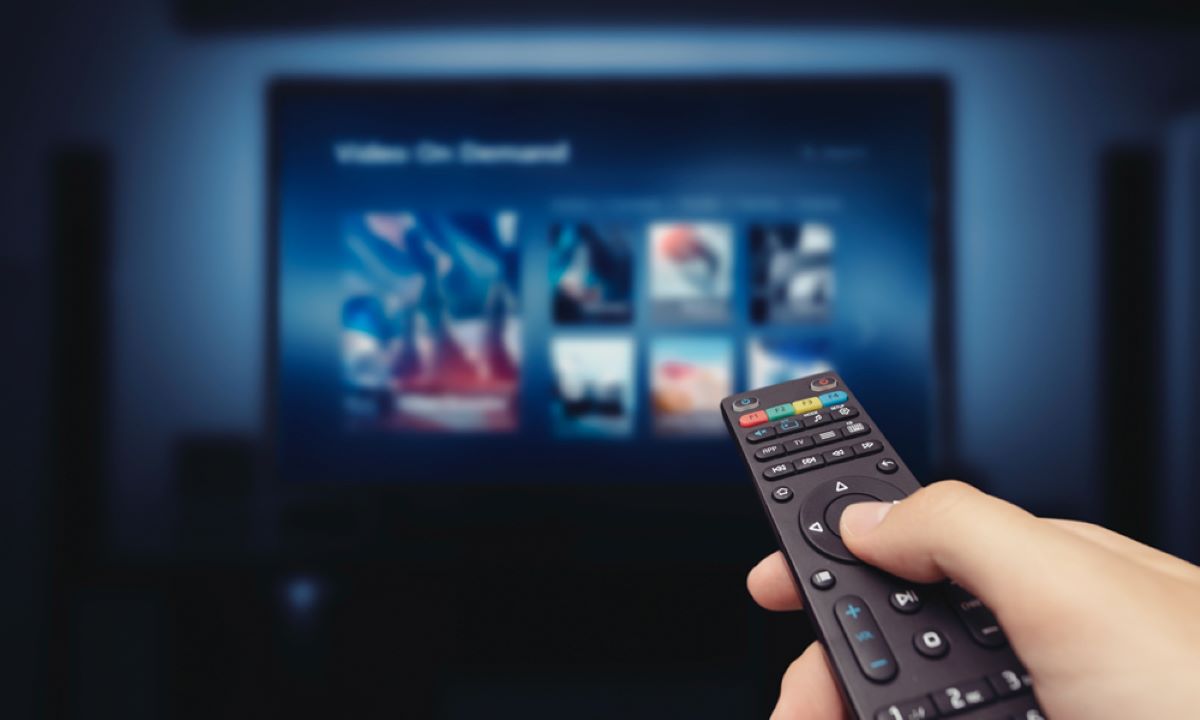Congress Holds First Hearing on Future of TV: Local TV Stations Push for Reclassification of Streaming Services
Earlier this week, Congress held its inaugural hearing to discuss the future of television. Representatives from the National Association of Broadcasters attended the hearing alongside owners of local TV stations, with a common objective to request that live TV streaming services like YouTube TV, Hulu, and Fubo be recognized as cable TV companies. They hope to persuade the Federal Communications Commission (FCC) to reclassify streaming services that offer live channels as cable TV companies.
But why are local TV stations advocating for this change, and what do they aim to achieve? Let’s delve into all the details we currently have regarding this push and the reasons behind it.
To begin with, local TV station owners formed a new Coalition for Local News earlier this year to urge the FCC to regulate cord-cutting services similar to cable TV companies. If the FCC agrees to alter the rules, it would compel YouTube TV, Hulu, Fubo, and other similar services to negotiate directly with the owners of local TV stations instead of dealing solely with major networks.
The Coalition, representing 600 local TV stations owned by groups such as Nexstar, recently issued a statement demanding a change in how the FCC regulates live TV streaming services.
However, streaming services like Fubo are fighting back against this maneuver. A coalition named “Preservice Viewerchoice” has been formed by YouTube TV, Fubo, Vidgo, Roku, Paramount, Disney, NBCUniversal, and other major players in the industry to oppose this move. They argue that the current cable and satellite regulations date back several decades, long before the Internet became as prevalent as it is today. They state that applying these outdated policies to the present era, characterized by near-limitless viewing options, seems almost laughable.
This dispute has created a division between local TV station owners like Nexstar and network owners such as Disney’s ABC and Comcast’s NBCUniversal. Presently, ABC and NBC can enter into contracts covering all their affiliates, even those they do not own, for streaming services like YouTube TV. However, if local TV stations manage to secure a victory, it would significantly alter the FCC’s regulations governing live TV streaming services. It would also require streaming services like Fubo and Hulu to negotiate directly with individual owners of local TV stations, such as Nexstar, rather than striking deals with networks like Paramount to cover all CBS stations, for example. This is analogous to the process that cable TV companies already follow and may soon be applicable to live TV streaming services.
The group representing local TV station owners asserts that this change is necessary to safeguard local news. In response, YouTube TV and others reiterate that local news has thrived under the existing system. They highlight that streaming services swiftly offered local news coverage in every U.S. market, a feat that took traditional providers decades to achieve under the old rules and regulations that some major affiliates now wish to impose upon streaming services. Requiring streaming platforms to individually negotiate carriage in all 210 designated markets could potentially reduce the availability of local news for streaming viewers.
Fundamentally, if local stations succeed in their efforts, it could result in higher costs for cord-cutters subscribed to services such as YouTube TV, Fubo, and Hulu + Live TV. The owners of ABC, CBS, FOX, and NBC local stations will likely demand that live TV streaming services pay a $1.23 fee per subscriber each year, equivalent to the FCC regulatory fee imposed on cable TV companies. According to industry expert Ted Hearn, this fee would amount to $16.4 million based on a study by the Leichtman Research Group, considering the estimated 13.4 million subscribers to live TV streaming services.
This ongoing battle between stakeholders in the industry is primarily fueled by the desire to ensure the availability of local news on streaming services. Nevertheless, financial considerations cannot be ignored. Lately, numerous local owners have been advocating for increased compensation for their local channels. Currently, they must accept the terms that parent networks agree upon with streaming services. The proposed rule change would empower local stations to reject offers they deem unfavorable.
For cord-cutters, the change being sought by local TV stations could lead to a new round of negotiations for all local channels, potentially resulting in service blackouts if agreements cannot be reached. Moreover, it may also contribute to higher costs for streaming services. The FCC’s decision to alter the rules would place services such as Hulu, YouTube TV, and FuboTV in a difficult position. They would need to concede to the demands of local stations for increased compensation, thereby raising their prices, or potentially drop those channels altogether. This predicament could resemble the current blackout situation experienced by DIRECTV subscribers.
As of now, it appears that local station owners are prepared for a prolonged fight in order to secure what they believe to be a better deal for themselves.

